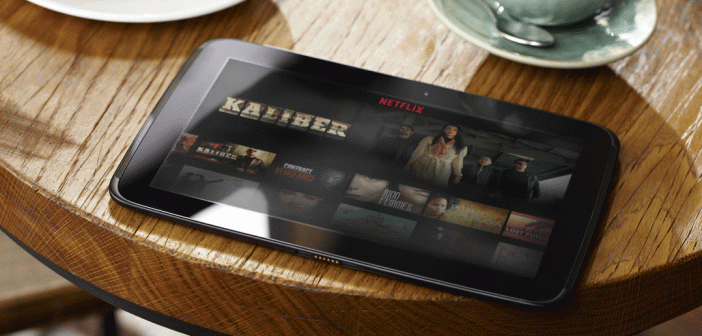End users give higher negative ratings to traditional pay TV operators than OTT providers at every stage of customer journey
Consumers give higher negative ratings to traditional cable, satellite and IPTV pay TV operators than online video on demand (VoD) providers such as Netflix, Amazon and Hulu at every stage of the customer journey, according to new research from subscription, billing and customer relationship management (CRM) specialist Paywizard. Nonetheless, the figures reveal that over the top (OTT) subscription services also struggle to keep customers happy, receiving significant negative scores at each contact point in the customer journey.
The survey of more than 3,000 consumers across three bellwether markets – the UK, US and the Philippines – revealed that, when it comes handling every major interaction a subscriber experiences when engaging with a pay TV service, consumers were more negative in their view of traditional pay TV operators than OTT providers. The top three interactions identified as the most negative by customers for both traditional and OTT services is a billing issue, with 26% of respondents unhappy about the way an inaccurate bill or payment problem was dealt with, followed by cancelling a subscription (22%) and contacting customer service (21%).
Respondents to the survey also give OTT providers higher positive ratings in eight out of 10 categories, from making sign-up easy, to recommending content, to dealing with billing, to facilitating service cancellation. There were only two areas in which traditional operators perform better in consumer eyes than OTT rivals in terms of providing a positive experience: contacting customer service(58% versus 51%); and upgrading/downgrading their package (56% to 53%).
Bhavesh Vaghela, Paywizard’s chief executive, noted: “There is a perception in the TV market that OTT providers are performing much better than their traditional counterparts, however this research clearly demonstrates that OTT providers are far from perfect and are, in fact, only just better in many key areas of the customer journey.”
Overall, joining a service was the part of the customer journey most frequently flagged as a positive experience by subscribers to both traditional pay TV (68%) and pay OTT (77%) services. Dealing with an inaccurate bill or a payment issue was identified by 29% of consumers with a traditional pay TV subscription and 22% of those taking an OTT service as the interaction most often seen as a negative experience.
Consumers in the Philippines were especially harsh in their scoring of a billing or payment issue with 42% of traditional pay TV subscribers giving a negative rating and 36% of those with OTTservices, nearly double the figures for the US and UK.
UK consumers were the most favourable towards traditional pay TV operators, rating them more highly for positive experiences than OTT services in four categories, compared to just two for the US and none for the Philippines.
The scores – both positive and negative – of younger consumers were, in general, significantly more pronounced than those of older demographics for the US and UK, but for the Philippines there was far less of a divergence between younger and older respondents.
“This research looks at how consumers view their experiences with all pay TV providers, touching on each decision moment in the customer journey,” said Vaghela. “These decision moments are the key points at which the performance of an operator can determine how a customer views a service and whether their relationship with the provider will strengthen, weaken or even break.”
He concluded: “We can see that there are slight variations between the markets we surveyed, but what is most clear is that the situation is broadly that same across the board: traditional pay TV providers have a lot of work to do to ensure a positive customer experience, and OTT services cannot take it for granted that their subscribers are happy at each point of consumer engagement.”





